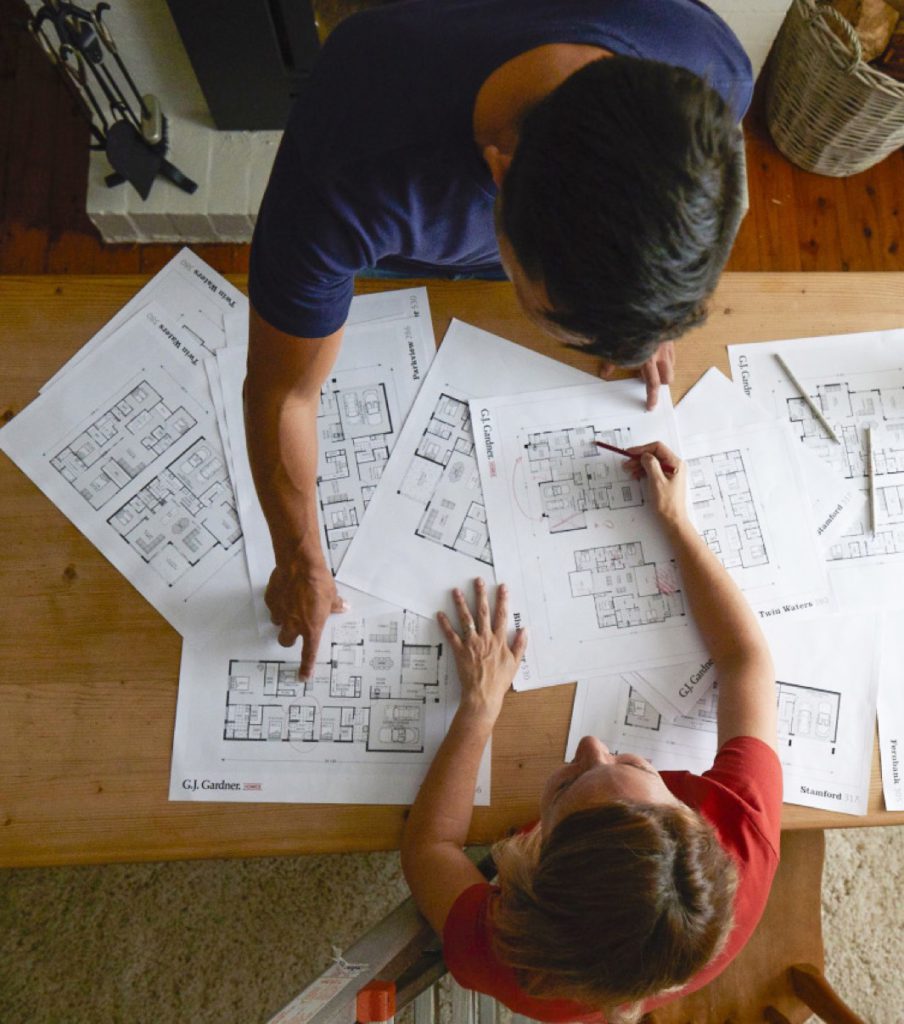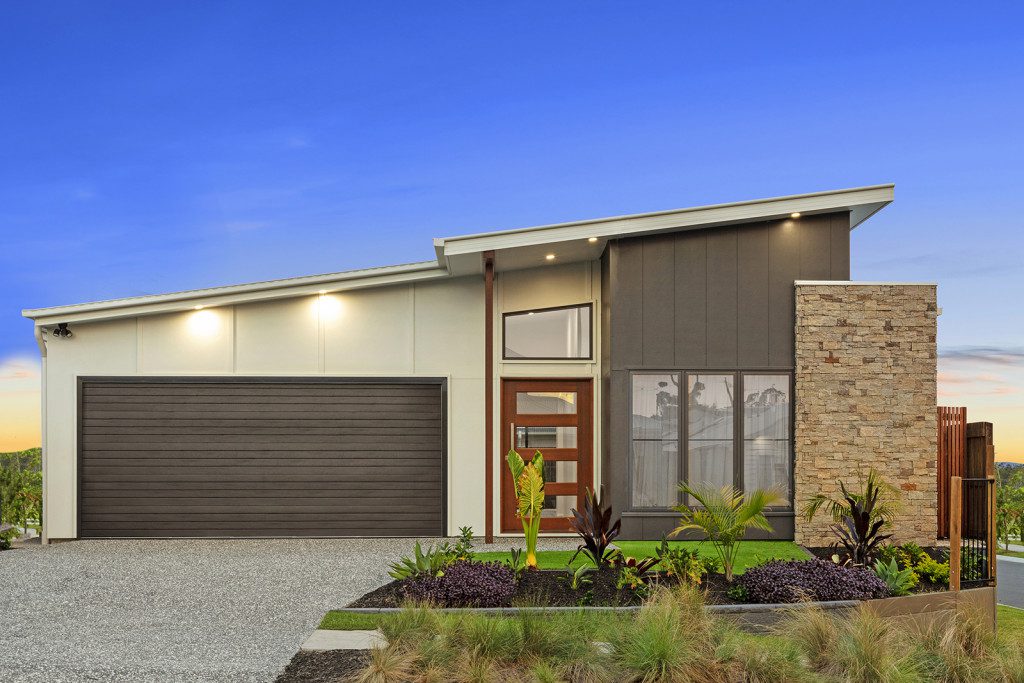Building with G.J.
How To Build A Home For Retirement
When building a home, it is important to consider how long you plan on living in the residence. Is it a family home? Are you downsizing? Or are you looking for a home suitable for long-term living even into retirement?
If it’s the latter, it’s important to plan ahead for retirement living so your home can best accommodate your needs and lifestyle as long as possible. This article details the key factors you should consider when planning to build your retirement home:
Location
Community
Location, location, location. One of the most important factors when building any home is to consider the suburb and neighbourhood you want to live in. After all, this is where you will be residing for a long period of time. Particularly as you enter retirement, it is important to evaluate what factors you want to prioritise at this stage in your life.
When selecting a neighbourhood for retirement think about the surrounding community and if it aligns with your lifestyle and interests. Do you play golf? Tennis? Gardening? Swimming? Consider which activities you enjoy and try to find an area that integrates with this and has recreational facilities and amenities you need close by.
Also think about the proximity of the area to friends and family for social support. Having loved ones contributes to our social and emotional wellbeing. It is also important to have people nearby to lean on in case you require extra assistance to complete tasks or need someone close by to call in emergency situations.

Amenities
Other considerations for choosing the right location for your home build are the proximity to shops essential services and healthcare facilities. As you enter retirement, it is likely you will need to attend more health specialists and appointments. So, having these facilities nearby can reduce travel time. It is also useful to have hospitals close to home in case of emergencies.
Transport
On top of facilities and amenities, think about the proximity of the neighbourhood and suburb to transportation. As people age, they often can no longer drive legally and may require other modes of transport to get around. If you prefer to walk, take into consideration the distances to amenities and venues you will need to get around to in your day-to-day routine.
Floorplan
Once you have decided on the suburb and neighbourhood you would like to retire in, it is time to design the floorplan of your retirement home build. This will play a key role in creating a functional and liveable space as you age and your needs change.
Single-Story Home
A single-story floorplan is perfect for retirees or those looking to retire, as it eliminates the need for stairs which can become difficult to navigate over time. If a double-storey home is important to you, ensure the master bedroom remains on the main floor to reduce the need for excessive movement between zones.
Limit Stairs
Outside of the number of levels in the home, it is recommended to reduce the need for stairs in other places in the interior and exterior. This includes creating sloping entrances and exists that are more accessible and can reduce the risk of any hazards for retirees or guests.
Incorporate Interests
As you will be spending plenty of time at home, it is important to consider your personal interests and incorporate this into your floorplan. For example, if you enjoy gardening, allow for plenty of backyard space. Or, if you prefer painting, create a studio room for you to let inspiration strike. Imagine how you currently live in your space and list out any key features you will need in your retirement home.

Maintenance
Manageable House Size
When entering retirement, it can be exhausting to manage the upkeep of larger homes or demanding interior features which take time to clean. It is important to choose a home design that is a manageable size for you as you age and your ability to move around home changes. Smaller homes and single-story homes are a great option for retirees as this reduces the amount of overall maintenance required.
Low-Maintenance Materials
On top of this, choose materials and finishes for your retirement home with minimal upkeep. This could include laminate flooring, porcelain tile, quartz countertops, vinyl siding, low-maintenance plants and composite decking. A home design expert can also assist you with choosing which finishes will work best for your lifestyle and budget during your initial consultation appointment.
Safety
Accessibility
After considering the neighbourhood, floorplan and maintenance, it is time to consider the safety of yourself and your home. Whilst you may not require certain safety features in your home currently, as you age you may require safety bars in showers, additional chairs in the home to rest on, a chair lift for stairs and more. So, these should be considered in the initial home design or added in throughout the initial build to keep the home accessible.
Security
On top of safety features, a home security system is an important feature in any home. As you enter retirement this can provide an added level of protection for yourself and your household. Particularly if you plan on travelling throughout retirement for extended periods of time.
Lighting:
Proper lighting inside and outside of the home is another essential for retirees. As we age, our vision can change, and bright lighting can assist you to see hazards clearly and avoid unnecessary accidents. This could include automatic flood lighting in the garden and bright LED lighting indoors.

Energy Efficiency
Another consideration in your initial home design is how to create a more energy-efficient home for your retirement to reduce utility costs in the long run. This could include the addition of energy-efficient appliances, tinted windows and insulation to assist in regulating temperature and minimising power usage. On top of this, adding solar panels can also decrease hot water costs in the long-term whilst also a more sustainable option for our planet.
Get In Touch Today
G.J. Gardner Homes has decades of industry experience and expertise in retirement living, retirement planning and retirement home designs. If you are planning your retirement build, our expert team is here to help you in any way we can. Contact us online today or phone one of our local franchises to learn more about how we can bring your dream retirement home to life.
